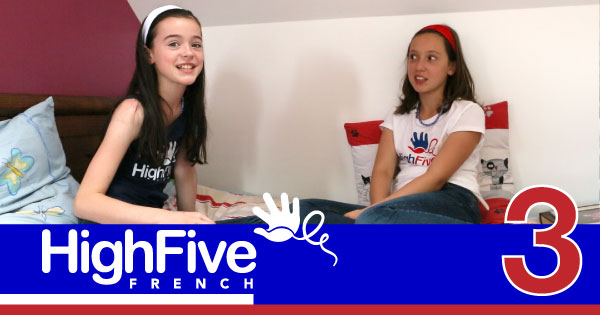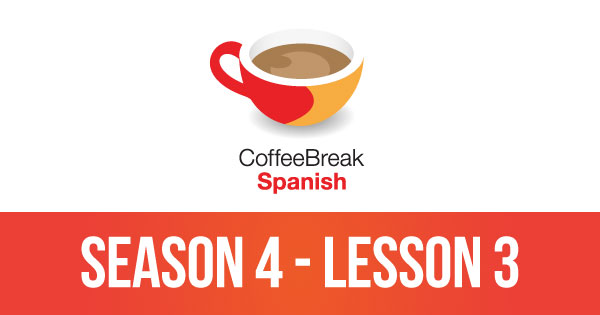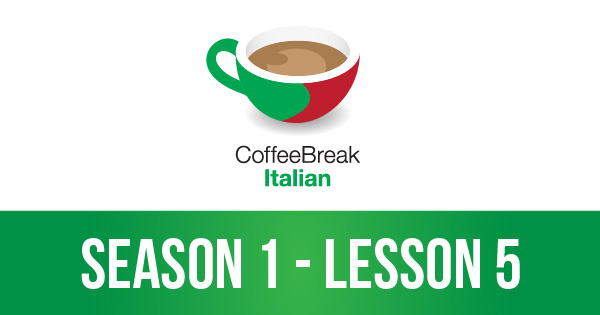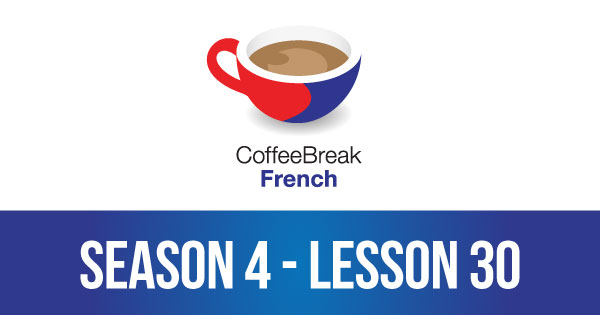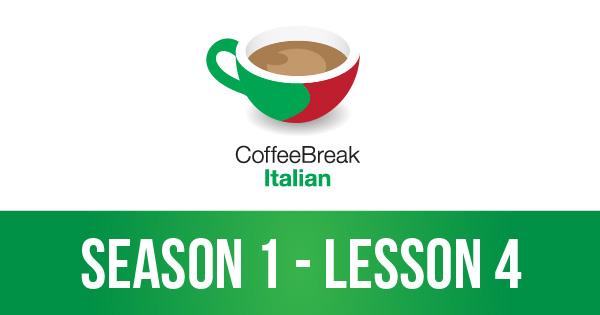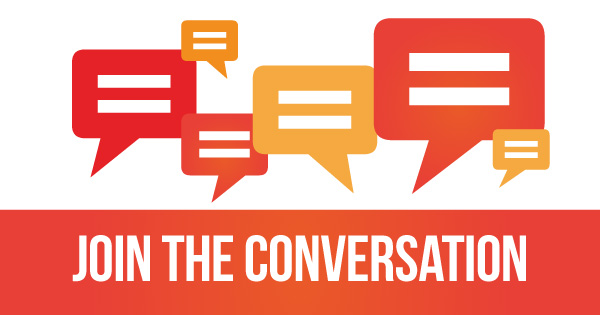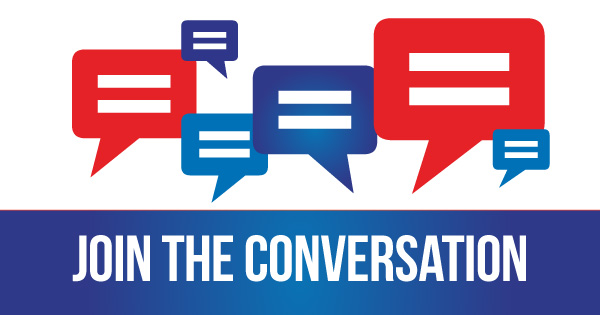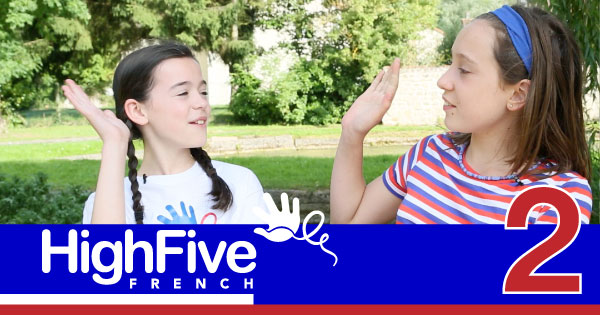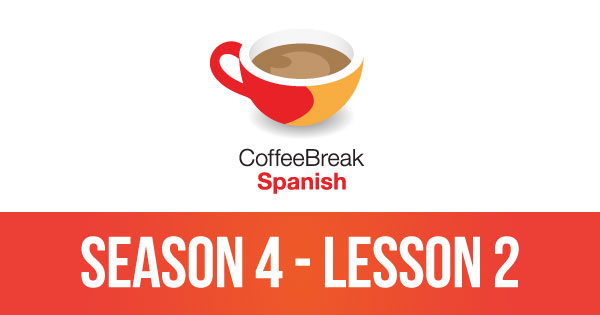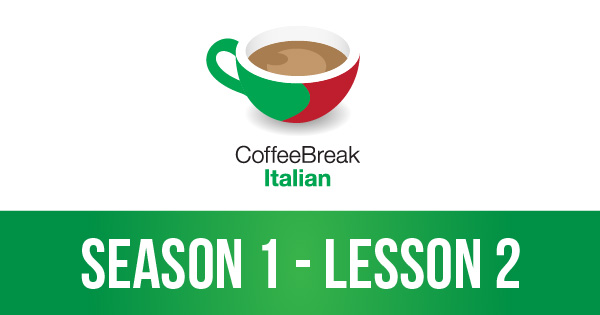Join Emma and Mathilde in this ten-lesson podcast series for younger learners of French. In episode 3 you’ll learn to ask “how are you?” and how to answer the question.
Listen to the episode
High Five French Membership
The free podcast is only the beginning! High Five French is a full forty-lesson video course with a range of materials allowing children to learn and understand the French language. Purchasing a membership gives access to the following elements for each of the forty lessons:
- video episode: join Emma and Mathilde on location in France in our video episodes. The video presents the language covered in the lesson in a fun way, allowing children first to hear the French word or phrase, and then to see it on the screen as Mathilde encourages viewers to repeat the word and practise their French.
- the High Five French Radio Show: this bonus audio recording provides further practice of the words and phrases covered in the main video lesson, and also provides some bonus vocabulary. Each episode of the radio show finishes with a musical review of the words and phrases of the lesson.
- activity sheets: we’ve included two activity sheets for each lesson, allowing children to practise the written language in fun puzzles and activities.
- transcripts: there are full transcripts of the video lessons with explanations of any unfamiliar French words.
- notes for parents: if you’re not familiar with French, it can be difficult to support your child in their learning. Our notes for parents for each lesson will help you help your child learn! There are explanations of the difficult words and phrases and background information on the language and culture of the French-speaking world.

The members’ version can be accessed through our membership system. You can purchase a membership using the links below. The complete course of 40 lessons is already available, so as soon as you purchase you will have access to all 40 lessons.
- Access a trial lesson and find out more here
The course includes 40 streaming video lessons, 40 streaming audio lessons, activity sheets, notes for parents
(£99.00 GBP inc VAT / approx $124.00 USD ex VAT for non EU customers)
Information for teachers
If you’re a teacher and you’re interested in using this resource within your school, we provide a licence for using High Five French in schools which includes all the resources mentioned above and comprehensive notes for both specialist and non-specialist teachers. High Five French is the perfect way to introduce French in an engaging way to younger learners. Visit Radio Lingua Schools for more information.
Subscribe links
Subscribe in iTunes | RSS Feed | Purchase members’ audio and transcripts

